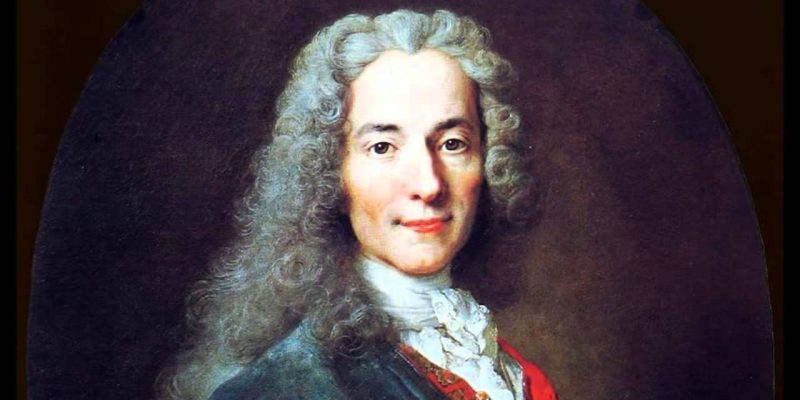We explain what freedom of expression is and how this human right originated. Also, its limits and freedom of expression on the Internet.

What is Freedom of expression?
Freedom of expression is that right that every human being should enjoy, to freely express their opinionsbe able to publish or communicate them and, in turn, the rest of the people respect them.
Article 19 of the Universal Declaration of Human Rights and the International Covenant on Civil and Political Rights state that this right must be guaranteed since it is essential for any human being to be able to properly fulfill and develop. The constitutions of each democratic country also include this human right, also known as fundamental right.
It is said that the Freedom of expression is an elementary means for the dissemination of ideas and for the discovery of any truth. There is no doubt that this human right is necessary so that people can become aware of the environment that surrounds them and the world in general, since they will be able to exchange ideas and learn through free communication with others. We could say then that freedom of expression is the ability to formulate ideas and, at the same time, be able to make them known.
Regarding a political aspect, if the citizens of a given country feel that their rights to free communication are respected, the State will gain the trust and respect of its inhabitants. In turn, if a government meets these characteristics, it will create in people a feeling in which its politicians are honest and capable of being in the corresponding positions. This way, citizens will be able to have a critical opinion and argued when deciding who to vote for in the elections.
The constant confrontation of the media against the rulers or opposition politicians helps to publicize any corruption or irregularity that occurs in the country. In turn, thanks to the media, a connection is achieved between citizens and their rulers in which they can express any complaint, concern or also, gratitude to the authorities.
Finally, one of the great reasons why it is important to enjoy this human right is that thanks to it, and that allows you to report the non-compliance or need for any other right of people that is not being fulfilled or that is not respected.
See also: Inalienable
What is the origin of freedom of expression?

Although the right to freedom of expression It was defined as such in 1948 In the Universal Declaration of Human Rights, this concept has been discussed since the years of the Enlightenment.. Philosophers such as Voltaire, Rousseau, and Montesquieu maintained that a world full of free men would result in significant advances in both the arts and sciences, and clearly, in politics.
As much as in the French Revolution and in the American War of Independencethese ideals were the main arguments used by the revolutionaries and that had an impact in most of the remaining Western countries.
Limits of freedom of expression
In general terms, freedom of expression will be limited when a certain situation conflicts with other rights or people's values. That is, any act that is related to violence, crime or any other case that may cause harm to another will not be considered freedom of expression. If the limits of this right are broken, the person will suffer a legal sanction or even social disapproval or rejection.
After the First World War, issues such as security, respect, and some minimum rights that should correspond to the soldiers of the war began to be addressed in the Geneva Conventions. It was only in 1948, after the end of the Second World War in 1945, that it was decided to discuss human rights in the General Assembly of the United Nations and in this way, create a set of norms and principles that would serve as guarantee against the different public powers.
Freedom of expression on the Internet

In 2011, it was declared in the Organization of American States that freedom of expression will apply on the Internet in the same way that it applies in any area or context.
The limits of this right will be established in the standards set internationally. The same must be provided for by laws and they must contain a legitimate purpose that is recognized by so-called international law.
However, the regulations made for other media – such as radio or television – cannot be taken into consideration, but rather the case of the Internet must be analyzed in order to design and establish specific conditions for this recent and powerful media. communication.
Anyway, Each website or Internet company has its own regulations to streamline the process and make the work of addressing or eliminating offensive expressions or behaviors more effective.
Continue with: Freedom of the press





